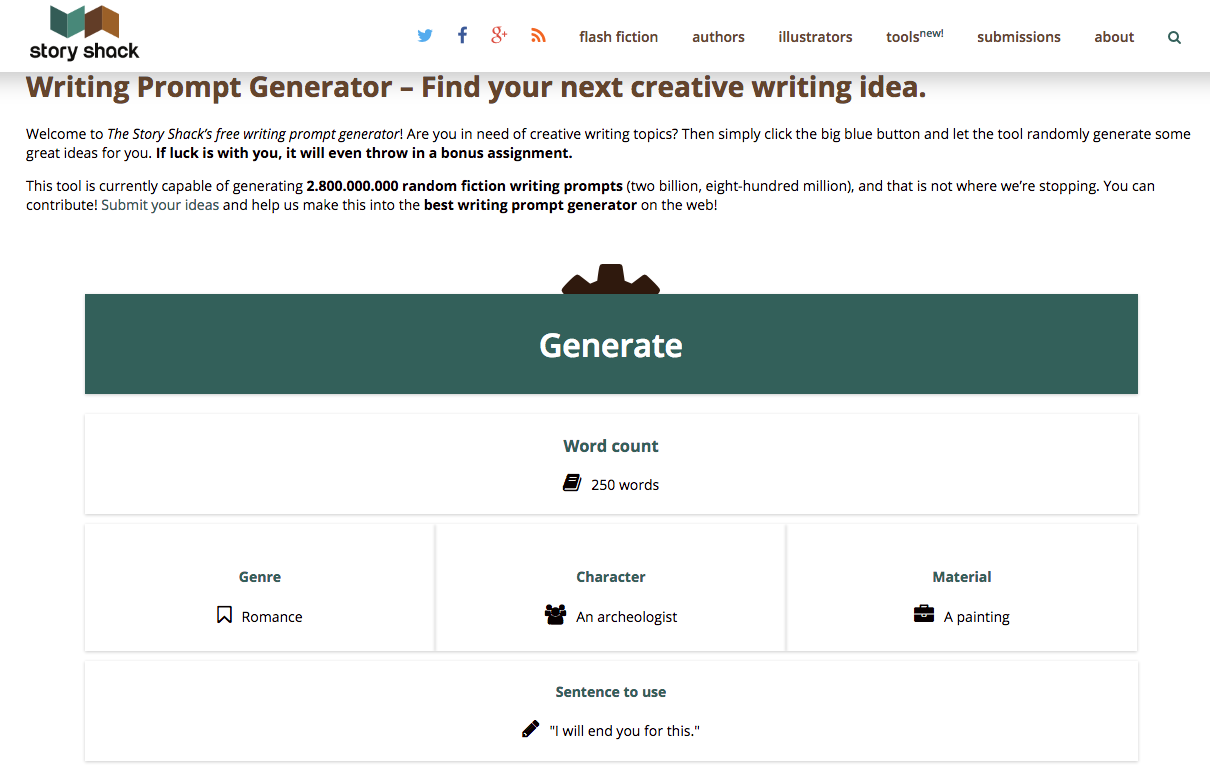8 Unusual Ways to Boost Your Writing Productivity

As a writer, you’ve probably experienced ebbs and flows in terms of writing productivity.
Some days, no one can rip you away from your notebook or computer. You’ll write so much that your fingers will cramp, your eyes will grow tired and your stomach will growl-- but none of that matters because you’re in “the groove”.
Then there are times…
You spend all day looking for inspiration. You’ll embrace all distractions, and then lament the fact that you haven’t gotten any writing done. You’ll feel stressed out, disappointed and in “a funk”.
What if I told you there’s a way to boost your daily writing productivity and then keep it on an even keel?

Image Courtesy of Meme Generator
Let’s discuss the top productivity hacks for writers. I've personally used all of the tips I’m listing below and I wholeheartedly recommend them.
Here’s a list of unusual writing rituals of the masters. Subscribe to receive this extra resource.
Free Writing
Free yourself from writer’s block with freewriting.
Freewriting is the process of just writing whatever comes to your mind, without pausing to think about what it sounds like and definitely not editing it. It’s simply a stream of consciousness.
Freewriting helps you find your writer’s voice that can sometimes get buried under what you think you need to sound like.
Freewriting is difficult if you usually police your thoughts. However, it’s easier if you can shut off your internal editor and just write. Not sure how to do that? Here are some suggestions:
Start with a prompt. You need a jump off spot, and fortunately, there are a lot of inventive prompts out there (we’ll discuss more below).
Give yourself a time limit. Go for five or 10 minutes, but resist freewriting for any longer than that. It’s most effective when completed in short bursts.
Type or write for a pre-selected period of time, and don’t stop until the buzzer goes off.
Don’t edit yourself. Don’t stop to think of what you’re writing. Let me be the first to tell you— it’s going to be crap, and that’s okay. The point of freewriting isn’t to create a perfect work of prose, it’s to warm you up when you’re not primed to write.
Writing Prompts

Image Courtesy of The Story Shack
I highly recommend the use of writing prompts to stoke the fires of your creativity.
Done on a daily basis, prompts can help you get in the habit of writing. Plus, you no longer need to ask yourself, What am I going to write about?
Instead, you simply visit a site that contains a list of writing prompts, choose one and get started.
Here are my favorite resources for sourcing interesting writing prompts:
The Story Shack Writing Prompt Generator
Exercise
Physical activity, whether it’s a leisurely walk around the neighborhood or a high-intensity workout at the gym, will help you as a writer.
Many famous writers swear by physical exercise as a way to give your brain a break.
Research shows that physical activity actually improves brain function. There are certain neurons in your brain that are directly activated by physical activity. When active, these neurons improve your ability to think creatively.
So, when you’re stuck and can’t work past a certain point in your prose, get up and do something not related to writing. Do squats or jumping jacks, go for a swim or a hike-- but do something every day.
Create a Routine
You don’t have to wait for your muse. She’s always late anyway.
As uninspiring and boring as it sounds, routine helps you as a writer. If you plan to write every day at a certain time, you’ll boost your productivity, no doubt.
Sometimes you have to tell yourself to write no matter whether you feel like it or not. In fact, I’d estimate that 95% of my writing life consists of me speaking to myself in Nike mottos.

Image Courtesy of Meme Blender
Write in Chunks
Don’t try to write too much at one time, you’ll burn out.
Instead of forcing yourself to write for hours at a time, break it up and write for 20 or 30 minutes at a time. Then, take a break.
Why 20 or 30 minutes?
While it doesn’t sound like very long, it’s just enough time to keep you focused and extremely productive. For most of us, 20 minutes is as long as we can focus intently on a topic before our productivity drops and our attention span vanishes. So, when you’re white knuckling your way through writing for two hours straight every day, you’re spending most of that time out of steam and burned out.
The good news is that you can recapture your productivity and elusive attention span if you limit yourself and take frequent breaks.
Instead, write two hours, but over a span of three hours. After every 20 minutes, take a 10 minute break.
Change Your Keyboard

Image Courtesy of Qwerty Writer
Some writers get a kick out of the sensory experience of the mechanical keyboard. The clickety clack of a mechanical keyboard is addicting and can inspire you to continue writing. It provides an almost hypnotic effect.
One of my current obsessions is this impressive mechanical keyboard by the folks at Qwerty Writer. It looks and feels like a typewriter (for all you old school writers out there), but it works with computers and tablets. Isn’t it love at first sight?
Write in the Morning
Writing in the morning takes advantage of a fresh mind. You’re not weighed down by the troubles of the day or corrupted by the different voices you’ve encountered in person, on television, on the Internet. It’s just you and your brain, and it’s the quietest time for you to listen.
Speak, Don’t Write
Typing is faster than writing, but typing is still slower than speaking. While it may take you one hour to write 1,000 words, it can take you considerably less time to speak your thoughts instead.
If you’re working with an outline, you can speak 1,000 words in well under 30 minutes. Think of how quickly you can write your novel by actually speaking it first
Whether you have a Mac or a Windows PC, you have access to speech recognition software. You can even download an app on your phone or use a web-based dictation tool, too. All for free.
My favorite web-based tools include:
Over to You
Do you have a weird, but effective, writing ritual we didn’t cover above? Share it with us in the comments below.
Here’s a list of unusual writing rituals of the masters. Subscribe to receive this extra resource.




